Rumsy’s Noose: why their donuts are so special

Caitlin
1 Dec, 2020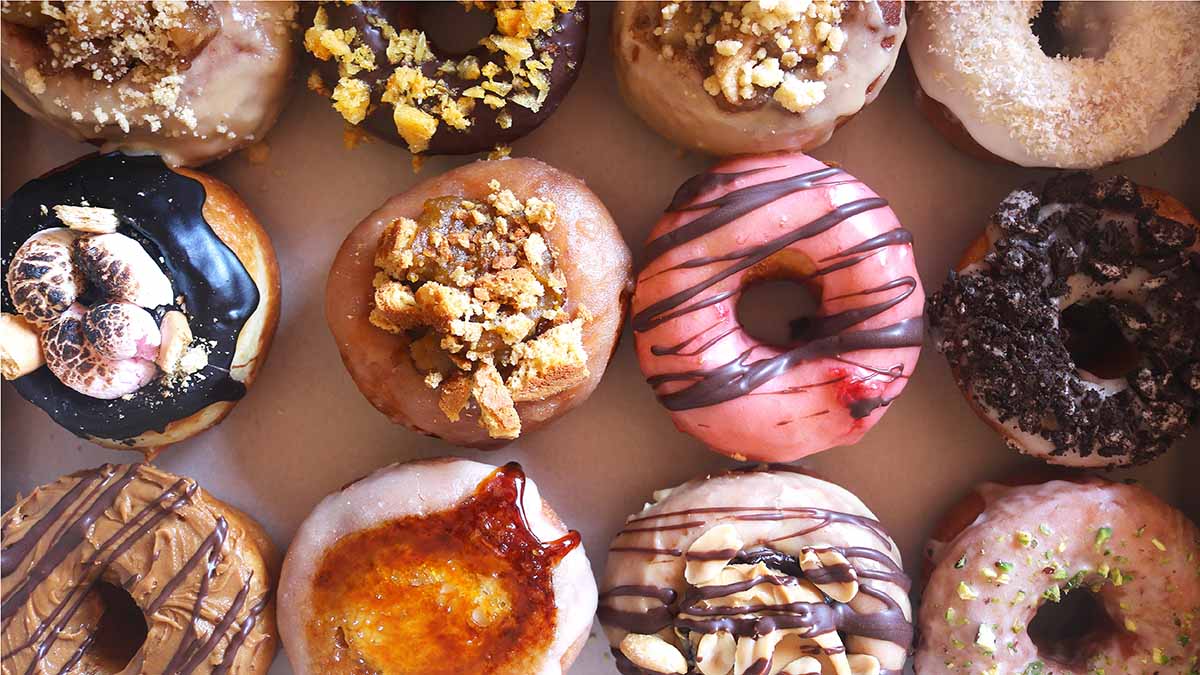
I tasted my first Rumsy’s Noose donuts all the way back in 2016. I was completely blown away – an instant fan. I’ve watched this business grow, quite literally, from the beginning.
My favourite flavour is the lemon and poppy seed donut, but their chocolate chip cookies are also amongst the best I’ve tasted. In all seriousness, you can’t really go wrong, and I love getting a box of treats every now and then. I get a box of 12 and it’s always just for me and my partner – we make a meal out of it.
We caught up with the owners of Rumsy’s Noose, Gabriele James and Kavish Chetty, to ask them about their business, their ethics, and how SnapScan has been part of their journey.
Read more: 10 side hustle ideas you can turn into a small business
Who are the two-legged creatures behind Rumsy’s Noose?
Gabriele has an MA in Philosophy and lectures Business Ethics at UCT. Kavish has an MA in Literature and is a former culture journalist for the Sunday Times. We have been together for eight years, and our part-time home bakery has been operating for four. It is named after our silk-whiskered daughter, Rums, who is often perched outside the kitchen windowsill as we bake, meowling affectionate encouragements like, “Work harder, you useless peasants.”
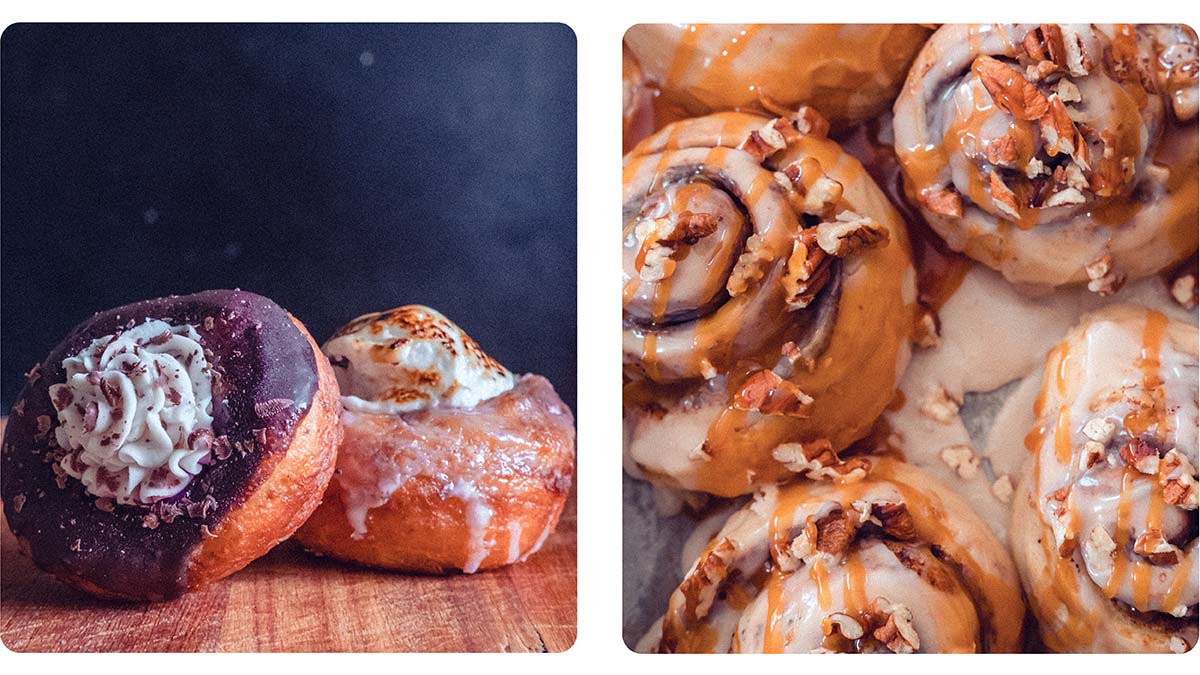
Why donuts? Why vegan?
Donuts are among the brightest stars in the constellation of our romance. As two people who love all things indulgent and brunchy, these rings of soft, golden, deep-fried dough have an almost primordial enchantment for us. Over the course of our relationship, we have journeyed all over the world, questing after the perfect donut. We started with Krispy Kreme in London as a pair of young graduates and ended up at the Cinnamon Snail in New York and Dottie’s in Philadelphia, slurping up Boston Cremes for breakfast. When we started Rumsy’s Noose, there was no real donut culture in Cape Town, and we were eager to bring on the renaissance and teach ourselves the elemental sorcery of baking, as an existential counterpoint to the abstractions of our day jobs in academia. We began to experiment, launching out batches to our friends and family, and soon began taking private orders for neighbours, friends-of-friends, and everyone who was interested.
Our principal interest in veganism is animal-centric. Because the vegan food culture of the last ten years in Cape Town was very health and weight-loss-focused, vegans became associated with an unimaginative diet of millet, kale and sloppy mushroom-burgers. In reality, there was a great joy to be discovered in the more decadent confections you could whip up without animal products. Restoring this dimension of veganism was pretty imperative to us, to help show that veganism has a much more dynamic lineage and also that it descends from a mélange of punk music, animal rights activism, psychedelic counterculture and various essential culinary ideas from the eastern pantry.
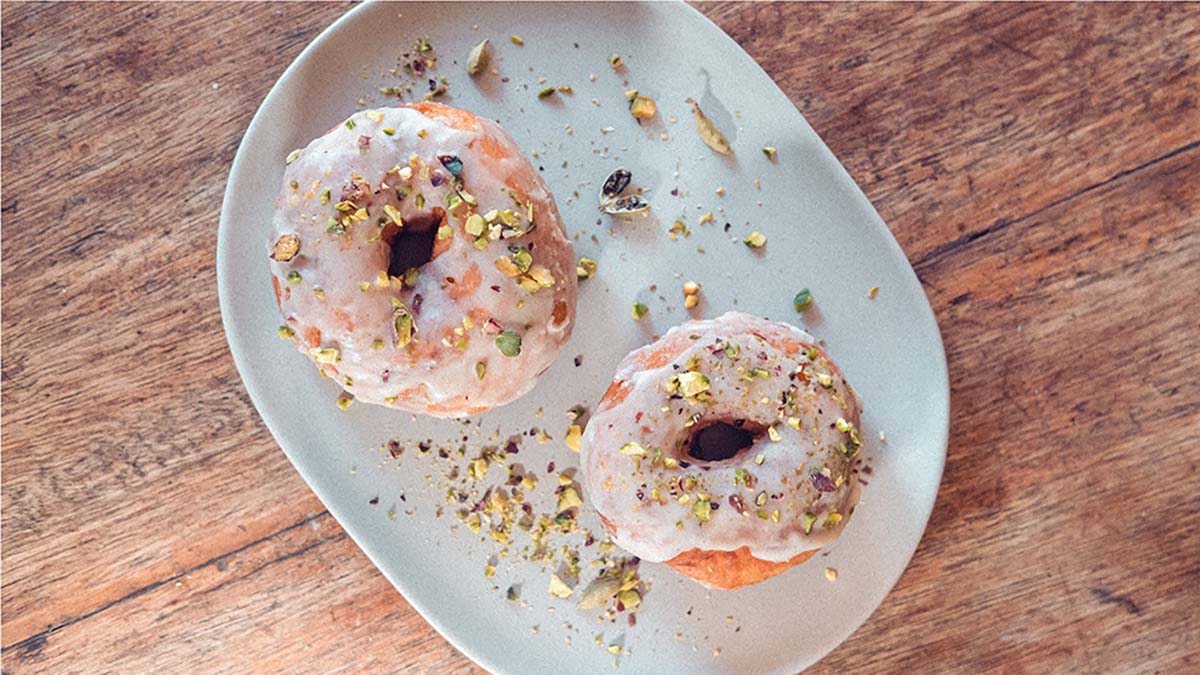
How do you bring your ethics into your business?
Our products being vegan is a non-negotiable moral baseline for us. That means that at least we are opting out of certain ways that our society tends to relate to animals, particularly as commodities in our food systems. But of course, having a vegan product doesn’t mean that the moral work is over. We aren’t under the illusion that there aren’t all sorts of other ways our food systems can harm and exploit people and animals. So we try to focus on environmentally sustainable production methods, and to support local small businesses as much as possible in our supply chain, but our biggest focus is on keeping our baked goods free from animal products. We also work with animal shelters now and then to assist in their fundraising efforts, especially the shelters we adopted our animals from.
If there’s one piece of advice you wish you knew when you were starting out, what is it?
Don’t undervalue yourself. When we hit our first market, we were so insecure about our products, and sort of guilty about expecting people to pay for them that we radically underpriced ourselves.
Where do you get your flavour inspiration?
We follow a lot of super innovative donut makers abroad. We are always eating and cooking and finding inspiration from these experiments. We love veganising/adapting desserts and nostalgic flavours into donuts and other treats.
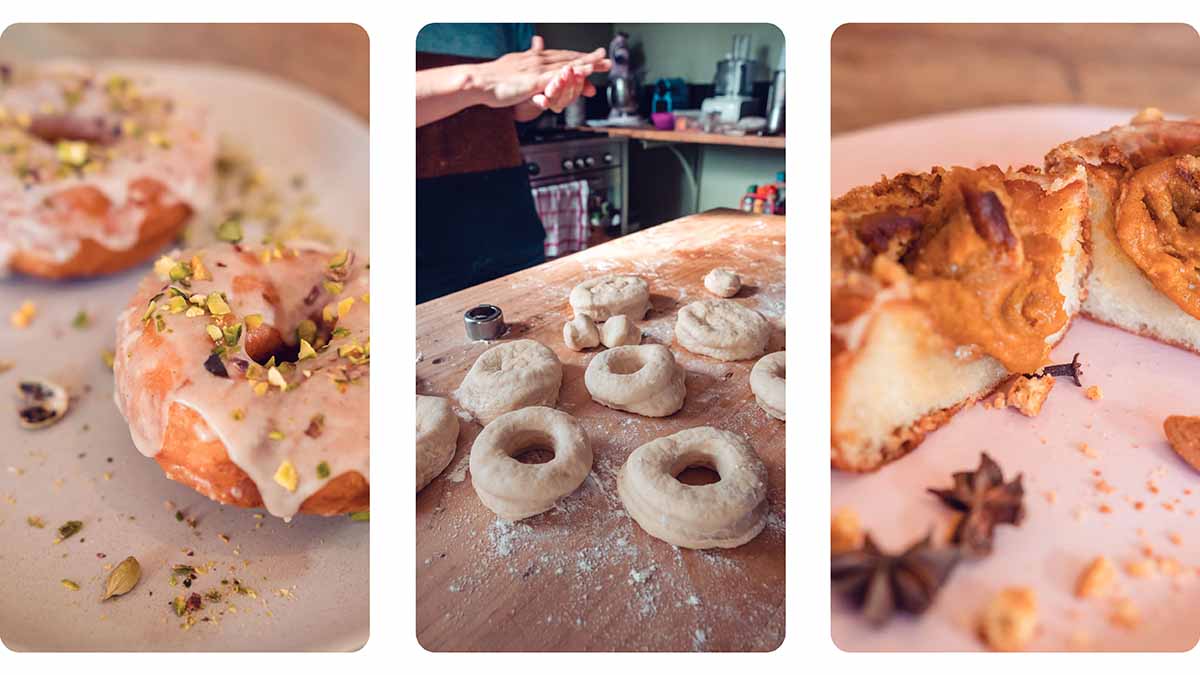
Where do you sell your donuts? How can people find you?
We take orders online (via our Facebook and Instagram profiles) and bake from home. Customers can either collect from our place or we do deliveries to most of the Southern Suburbs and town.
We often have a stall at the Vegan Goods Market. We also pop up at other markets now and then – we keep our dough fam updated via our socials.
Read more: SnapLinks: making remote payments quick and easy
How has SnapScan helped your business?
So many ways! We would routinely run out of cash float at markets and SnapScan has pretty much rid us of that issue since we probably process about 50% of our payments through SnapScan. We very seldom have to turn customers away and our payments are processed super quickly now. It was also a big plus when it comes to contactless deliveries and so on during the COVID pandemic.
If you’d like to order some donuts, check out Rumsy’s Noose on instagram, you won’t regret it.
If you’d like to share your business’ SnapScan story with us, please get in touch at stories@snapscan.co.za.
Related articles
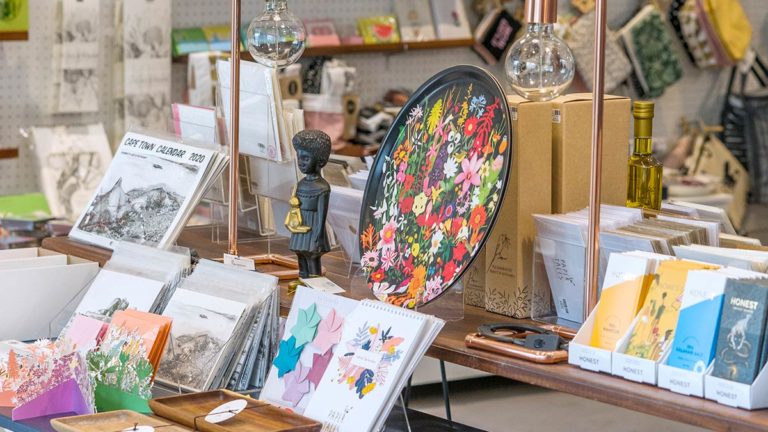
Fabricate: supporting local designers
Fabricate champions locally made products, and supports designers starting out.
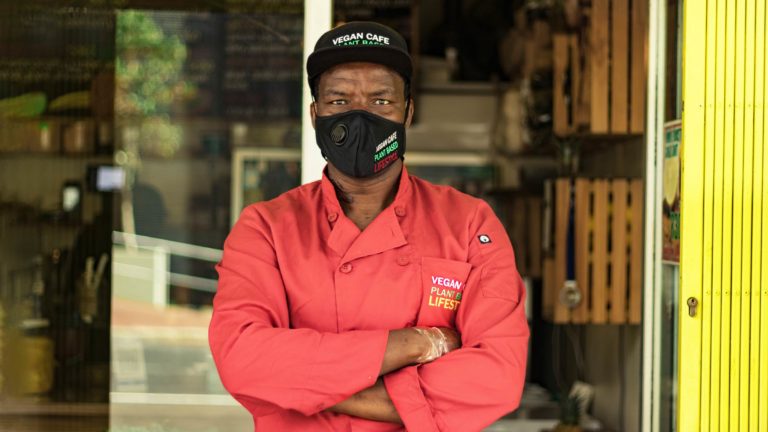
Sunshine Sprouting Co: the best veggie burger you’ll try
The Sunshine Sprouting Co, owned by Elisha Madzivadondo, serves delicious vegan burgers in Cape Town.
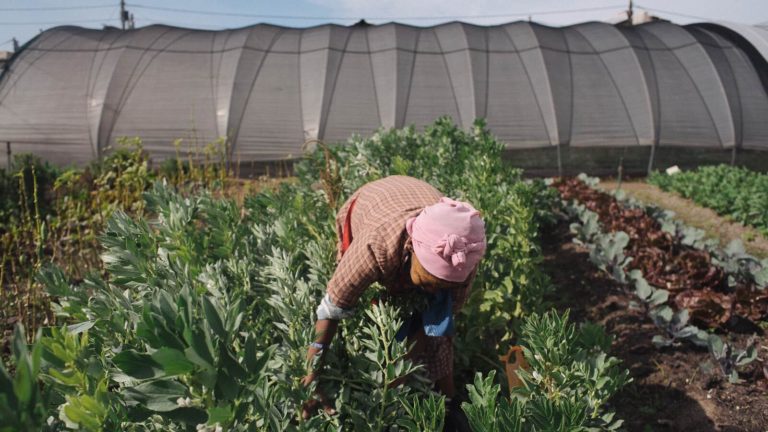
Umthunzi Farming Community: Feed your inspiration
Umthunzi Farming Community is a marketplace for seasonal, organic #vegwithanimpact, grown by small-scale farmers.